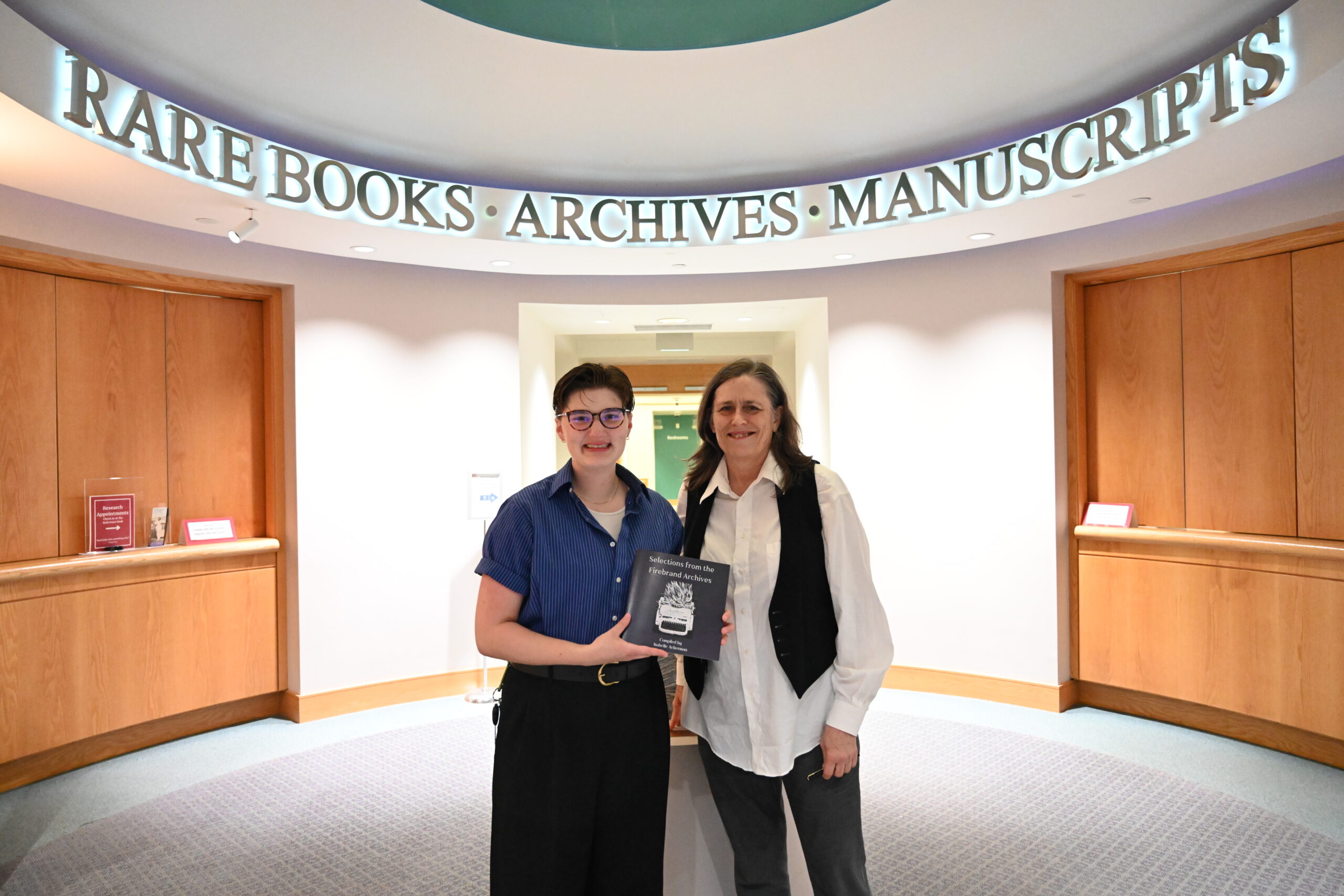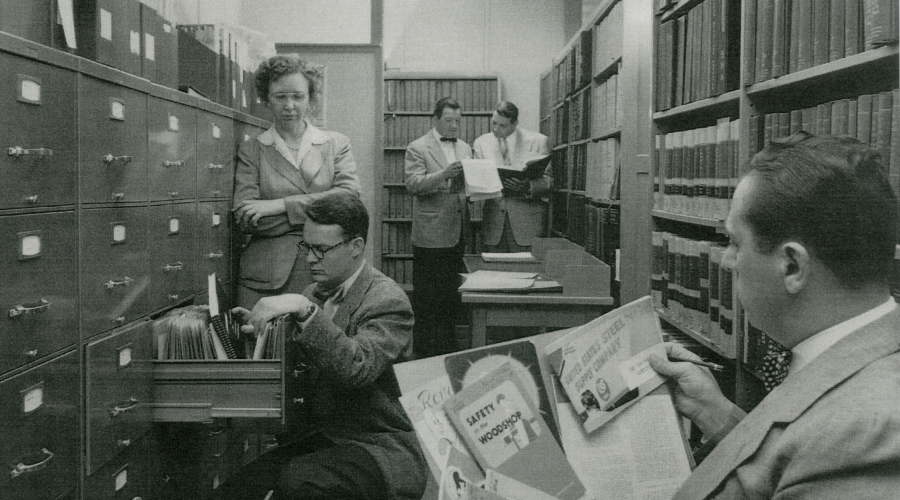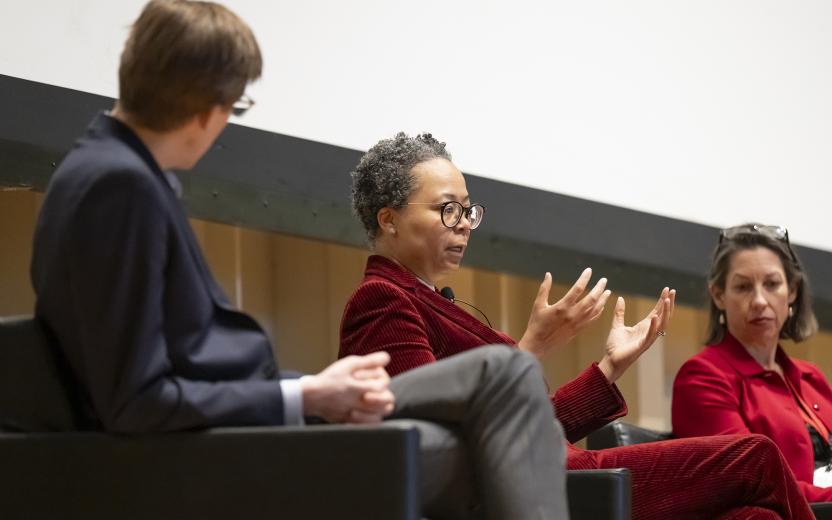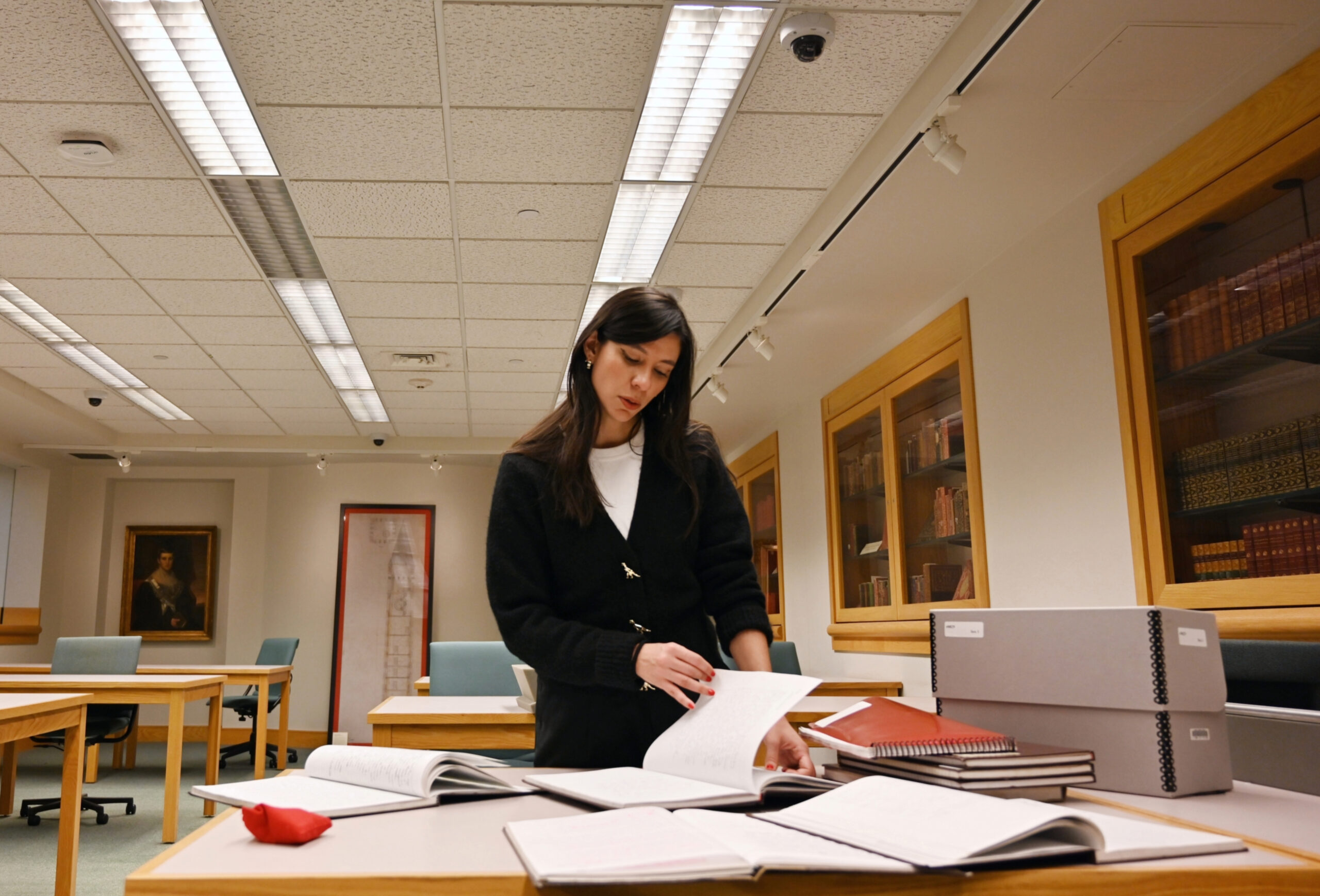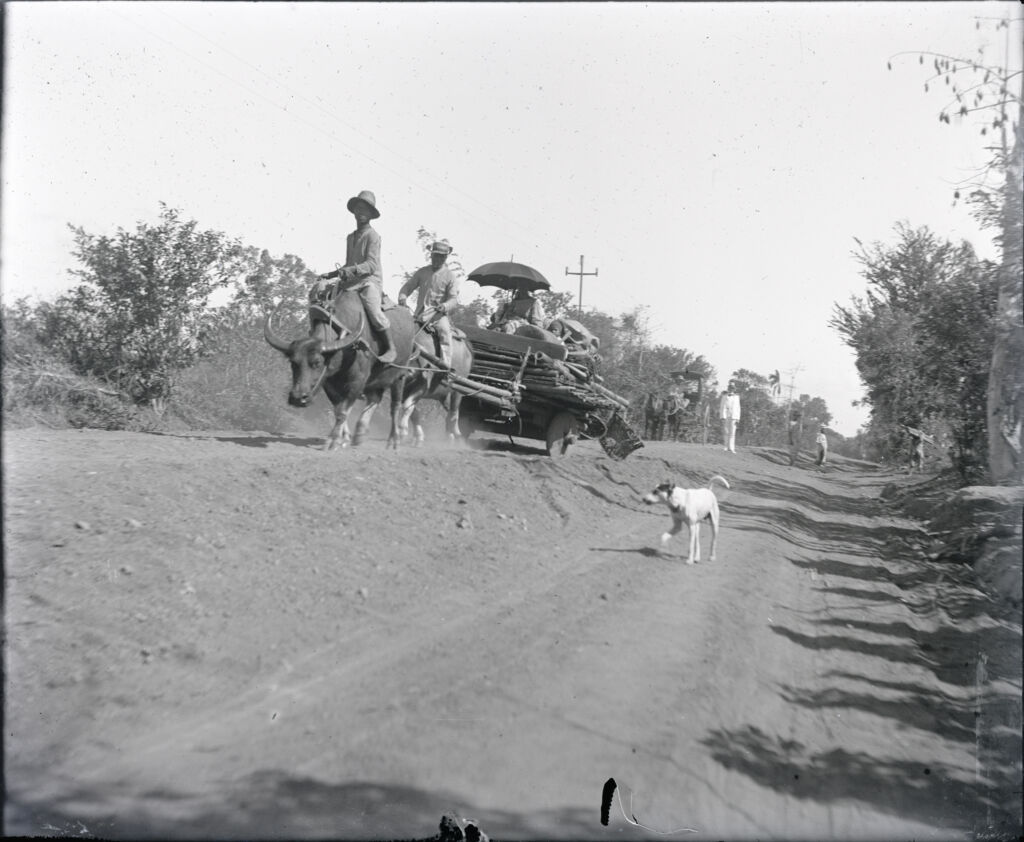
A scientific explorer for the United States Department of Agriculture, Gerow D. Brill (Class of 1888) traveled across the Philippines in 1902 and photographed placid scenes of rice fields, coconut groves, sugar mills, duck farms, and thatch-roofed villages. But his idyllic images also illuminate the tumultuous U.S. annexation of the archipelago in the aftermath of the Philippine-American War, according to Claire Cororaton, a Ph.D. student in history at Cornell.
“Read against the grain, the bucolic representation of this period obscures the close link between violence, militarization, and the discourses of agricultural development in the Philippines,” Cororaton wrote in her introduction to Agrarianism in Empire: Select Images of the Philippines from the Gerow D. Brill Papers, the latest addition to Cornell University Library’s Digital Collections, which is openly accessible online to researchers and scholars around the world.
With technical expertise and funding provided by the library’s Grants Program for Digital Collections, Cororaton led the digitization of a selection of Brill’s dry plate negatives, a fragile photographic medium used during the late 1800s and early 1900s. The glass plates are part of the Gerow D. Brill Papers chronicling the agriculturalist’s work in the Philippines, China, and other countries. After Brill’s death in 1931, his family donated his papers to Cornell University Library’ Rare and Manuscript Collections (RMC).
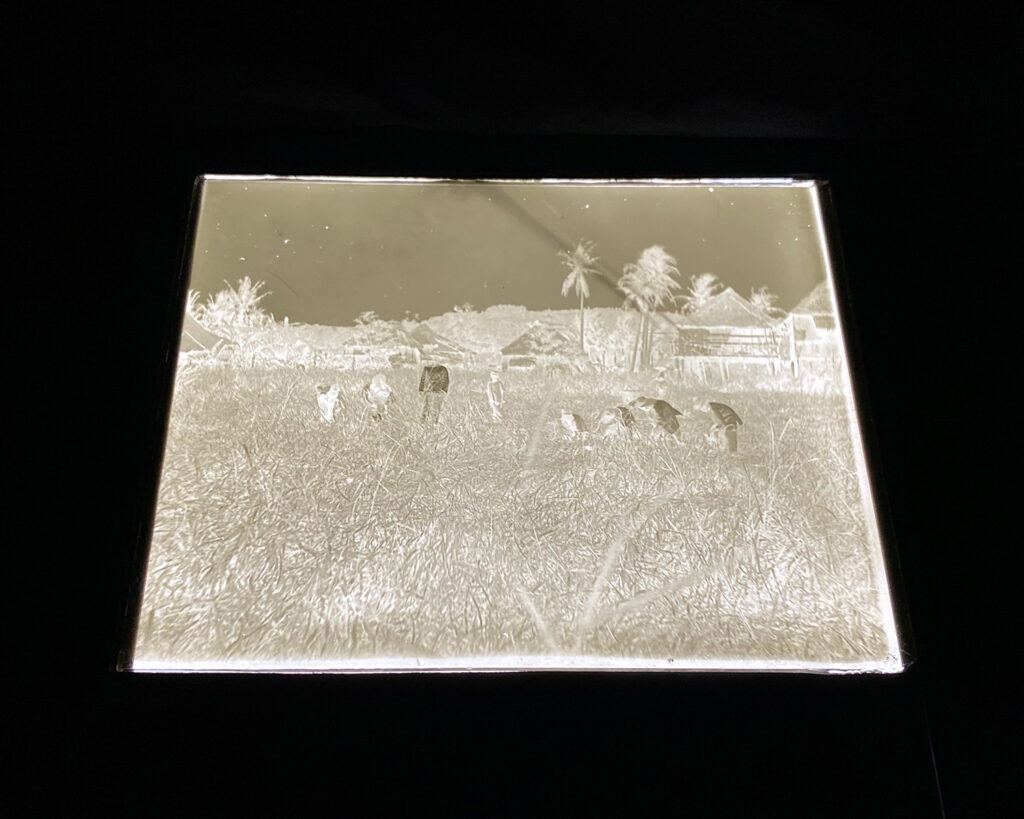
“This digital collection supports research and teaching by an interdisciplinary set of scholars, including scholars of science and technology studies, environmental history, political ecology, military history, and colonial histories of Southeast Asia and beyond. It can also complement historiography on visual studies, vision and empire, and colonial photography,”explained Cororaton, who is using the collection for her dissertation about discourses of agricultural development in the Philippines during the U.S. colonial period.
Cororaton also sees the online collection as a form of “digital repatriation.” “I know that it’s really difficult for scholars in the Philippines to access archival materials both in the U.S. and even in the Philippines,” she said in a presentation about the project. “Conversations about digital repatriation are very important, and this is my small contribution.”
Emily Zinger, Southeast Asia digital librarian, collaborated on curating the collection. Zinger explained the library’s team of experts provided critical support, including conservation, copyright, photography, metadata creation, and web hosting.
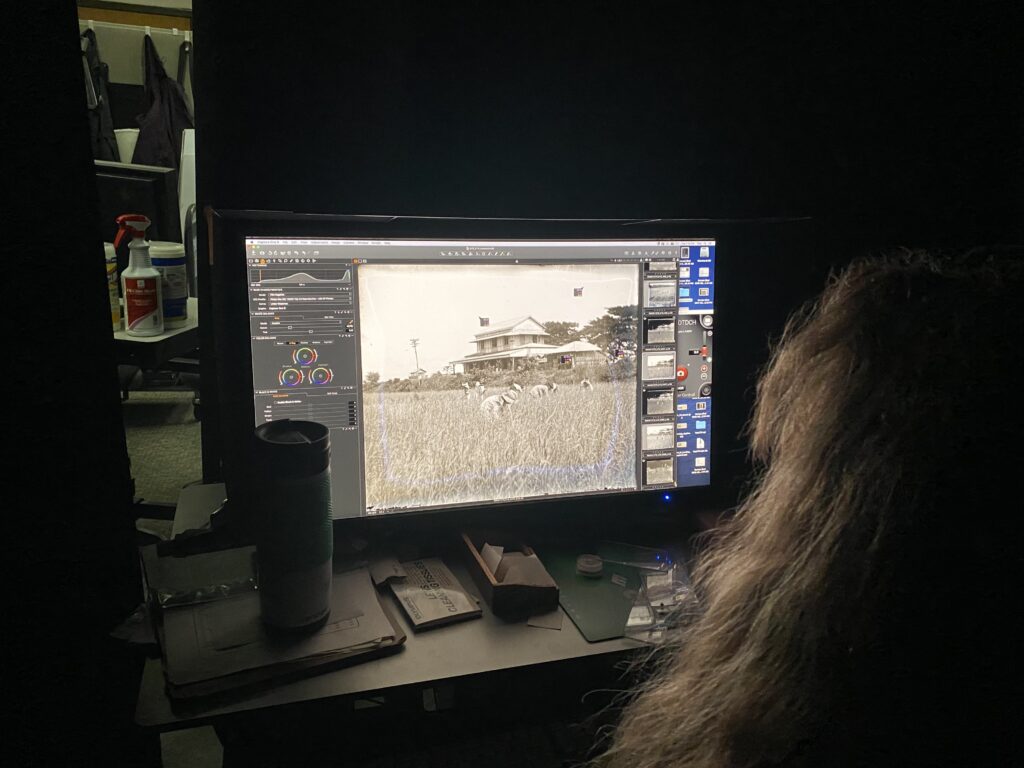
“There’s a misconception that you just take pictures and then you put them online and it’s done,” she said, “but it takes a team, time, and labor to be able to create images that are very high quality, contextualized at a level that makes them both discoverable and then understandable when they’re found, and then preserved for the foreseeable future.”
“It’s a real gift that we’re able to give the international research community open access to these collections where they can view them regardless of institutional affiliation or funding,” Zinger said.
Explore Agrarianism in Empire: Select Images of the Philippines from the Gerow D. Brill Papers in Cornell University Library’s Digital Collections.

